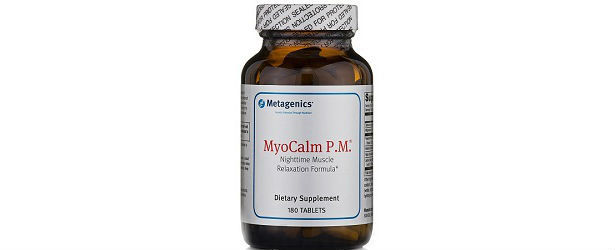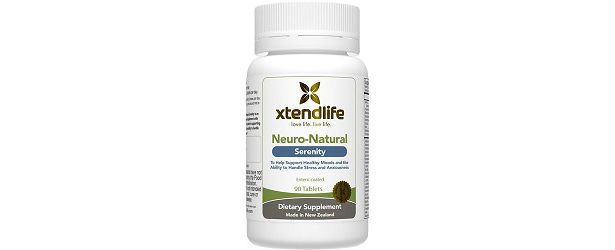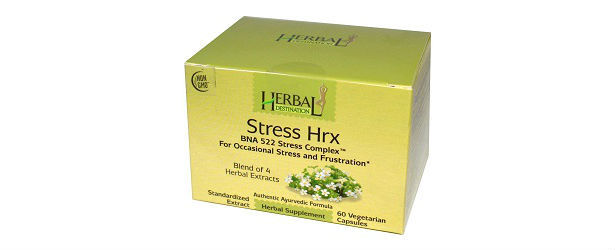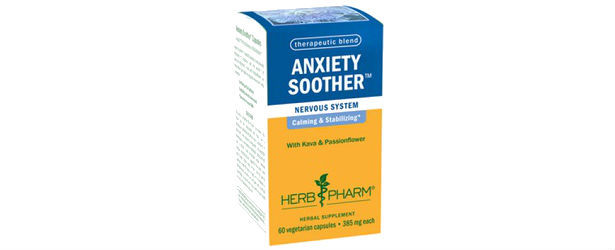
Stay Healthy: Self-Help for Anxiety Relief
The prevention and management of anxiety disorders involve taking simple, consistent, and incremental steps to eliminate stress-inducing negative thoughts. This article outlines a number of steps that can help relieve some of the worst symptoms of anxiety and stress.
Diet
First, and most critically, we are what we eat. It’s important to be aware of the type, variety, nutritional value, and quantity of food we eat.
- A healthy diet should include a balanced proportion of protein, carbohydrates, fruits, vegetables and dairy.
- Foods high in magnesium, phosphorus, and calcium help our bodies handle stress.
- Foods rich in vitamin B, including leafy green vegetables, meat, eggs, grains, and fish can also help us combat anxiety disorders.
- Limit the amount of sugary, fatty foods, and caffeinated beverages as they can stimulate anxiety symptoms that lead to sleeping problems.
Chemical Addictions
Many people who are struggling with work or relationship-related stress, cope by consuming alcohol, tobacco, or other chemicals and mood-altering substances. Each new stressful situation hooks them further into the habit of smoking or imbibing. However, physiologically, these substances only make matters worse.
 The tobacco and nicotine you smoke constrict your blood vessels, burn your lungs, and cause your heart to pump harder, causing in turn cardiac arrest and other diseases. By quitting drugs, smoking, and alcohol you will keep your body healthier and be better able to handle stress.
The tobacco and nicotine you smoke constrict your blood vessels, burn your lungs, and cause your heart to pump harder, causing in turn cardiac arrest and other diseases. By quitting drugs, smoking, and alcohol you will keep your body healthier and be better able to handle stress.
Exercise
Next, be sure to incorporate exercise in your daily routine – remaining active, alert, and present is the simplest way to keep worry at bay. Even a daily routine of simple, light exercises can have an impact.
Fitness routines like an early morning jog or brisk walk, gardening, biking, playing with your children, dancing, and swimming burn excess calories and help keep weight under control. Staying fit keeps your body and your mind focused and sharp. We feel better, more rejuvenated and have more energy at work and at play. The more fit we keep our body, the longer these good feelings last.
Relaxation Techniques
Relaxation techniques such as meditation, deep breathing, listening to calming music, or reading a good book can calm our nerves, relax our muscles and cool our heads.
Positive Thinking
Anxiety, worry, and stress happen because of our fear of the unknown and issues that are often outside of our control. We need to replace these negative thoughts, fears, worries, and trepidation’s with positive thoughts.
Our brain is primarily in control of our thought processes. However, it is important to realize that the brain is just another organ that we need to control in order to prevent the malicious, repetitive, thought processes from harming us.
Each negative thought creates a chemical imbalance in our body. This leads to stress. We need to learn to teach our brain to conquer our negative thoughts and replace them with positive ones.
Keeping a Journal
By writing down the events in your private life, you can help you and your therapist identify the causes of your stress. In addition, writing down your worries and stresses can help identify areas where you spend the most time worrying about events that may never occur or problems that are outside of your control.
You may discover that these seemingly insurmountable problems are actually insignificant and are just sucking up your time and energy.
Sex
When practiced correctly, sex can be one of the most delightful stress and anxiety management techniques in your toolbox. People tend to feel happier and more relaxed after sex. Studies have shown that sex and orgasms improve mood and lowers stress levels.
Aromatherapy, Massage, and Acupressure
These natural and calming techniques have relaxing effects on the body.
Medication and Therapy
Antidepressant and anti-anxiety medications are helpful in restoring chemical imbalances that can create anxiety symptoms. It’s particularly effective when used in combination with psychotherapy.
Therapy
Cognitive therapy helps patients observe emotions clearly and helps separate realistic feelings from irrational ones. Anxiety Prevention In behavioral therapy, patients are exposed, in small steps, to anxiety-producing stimuli, which slowly increase their tolerance to situations that create anxiety.
TOP 5
ANXIETYTreatments |
|||||
| AnxiClear | Exulin | Hapinex | MindSoothe | ReloraMax | |
|---|---|---|---|---|---|
| 1 | 2 | 3 | 4 | 5 | |
| Overall Rating | 99.50% | 87.30% | 82.10% | 76.80% | 72.80% |
| Performance* |





|





|





|





|





|
| Speed of Results* | Extremely Fast | Good | Good | Average | Average |
| Quality of Ingredients | Premium | Good | Good | Average | Unknown |
| Customer Satisfaction Evaluation | 99.40% | 85.30% | 80% | 74% | 70.30% |
| Safety Evaluation | Safe for Use | Safe for Use | Safe for Use | Safe for Use | Safe for Use |
| Customer Service Rating |





|





|





|





|





|
| Reorder Rate | Highest | Good | Average | Average | Average |
| Return Policy | Risk Free | Unopened | Unclear | Good | Risk Free |
| Success Rate* | 99.40% | 86.20% | 81% | 74.50% | 69% |

 Subscribe Now
Subscribe Now











